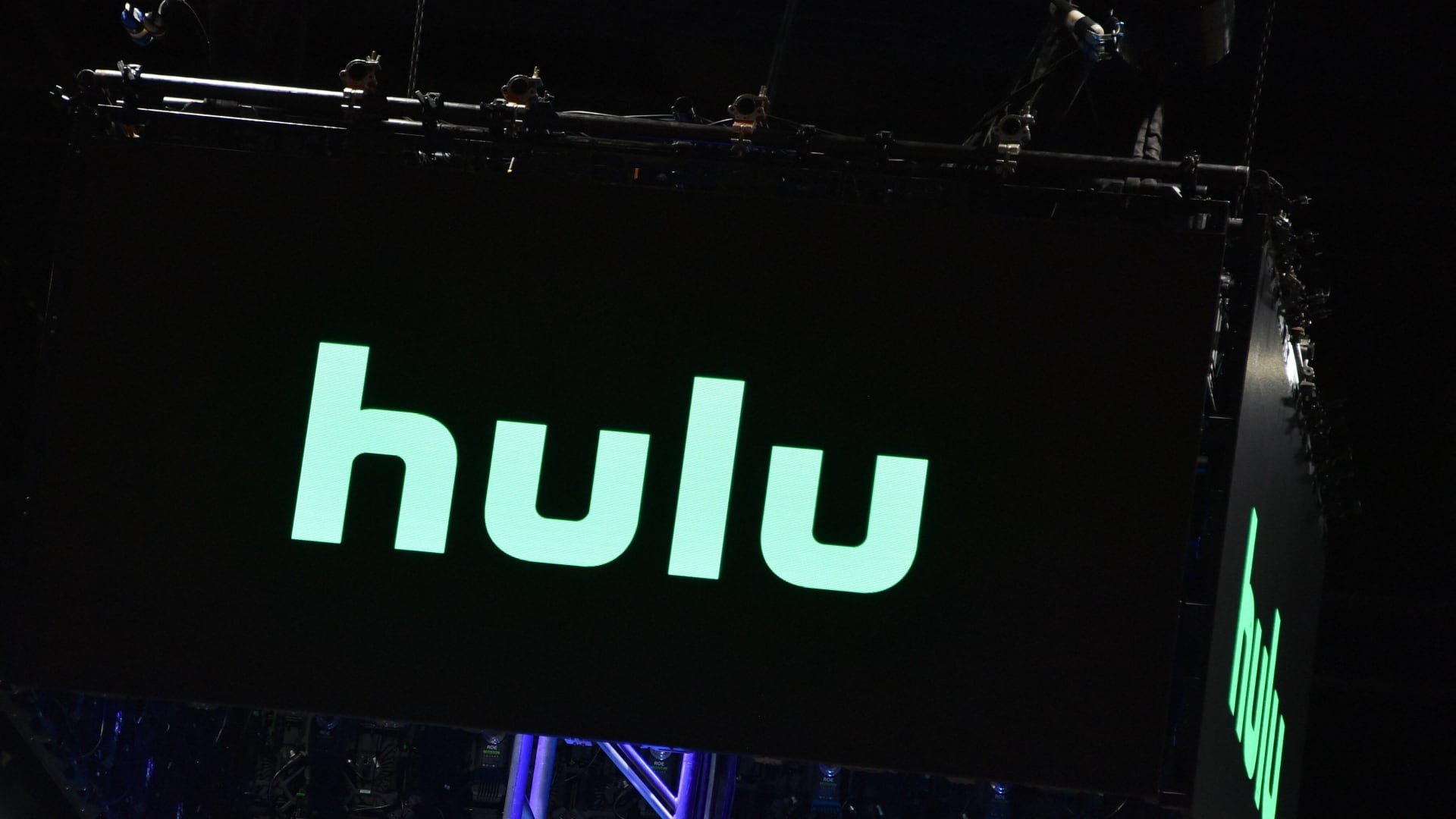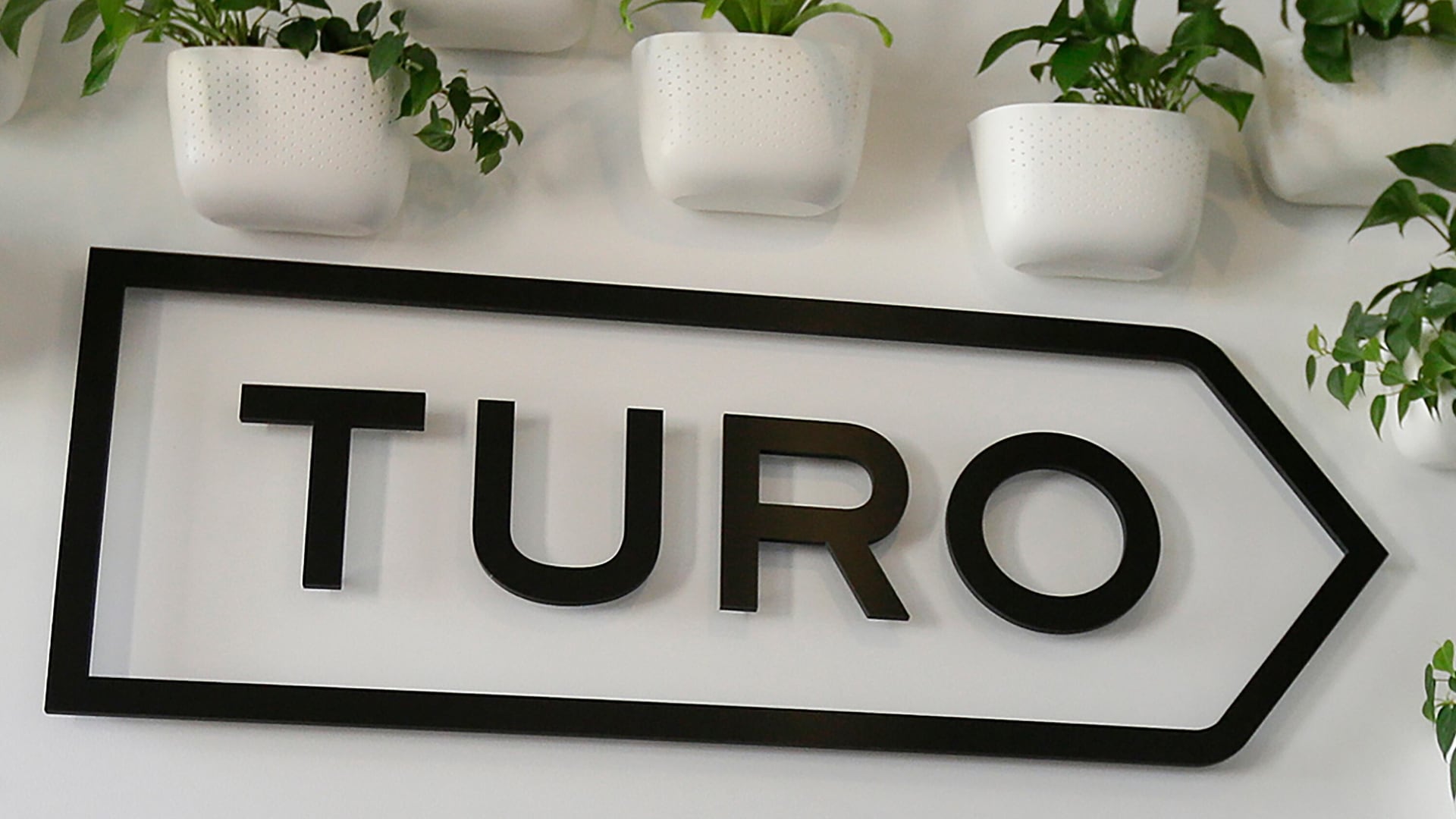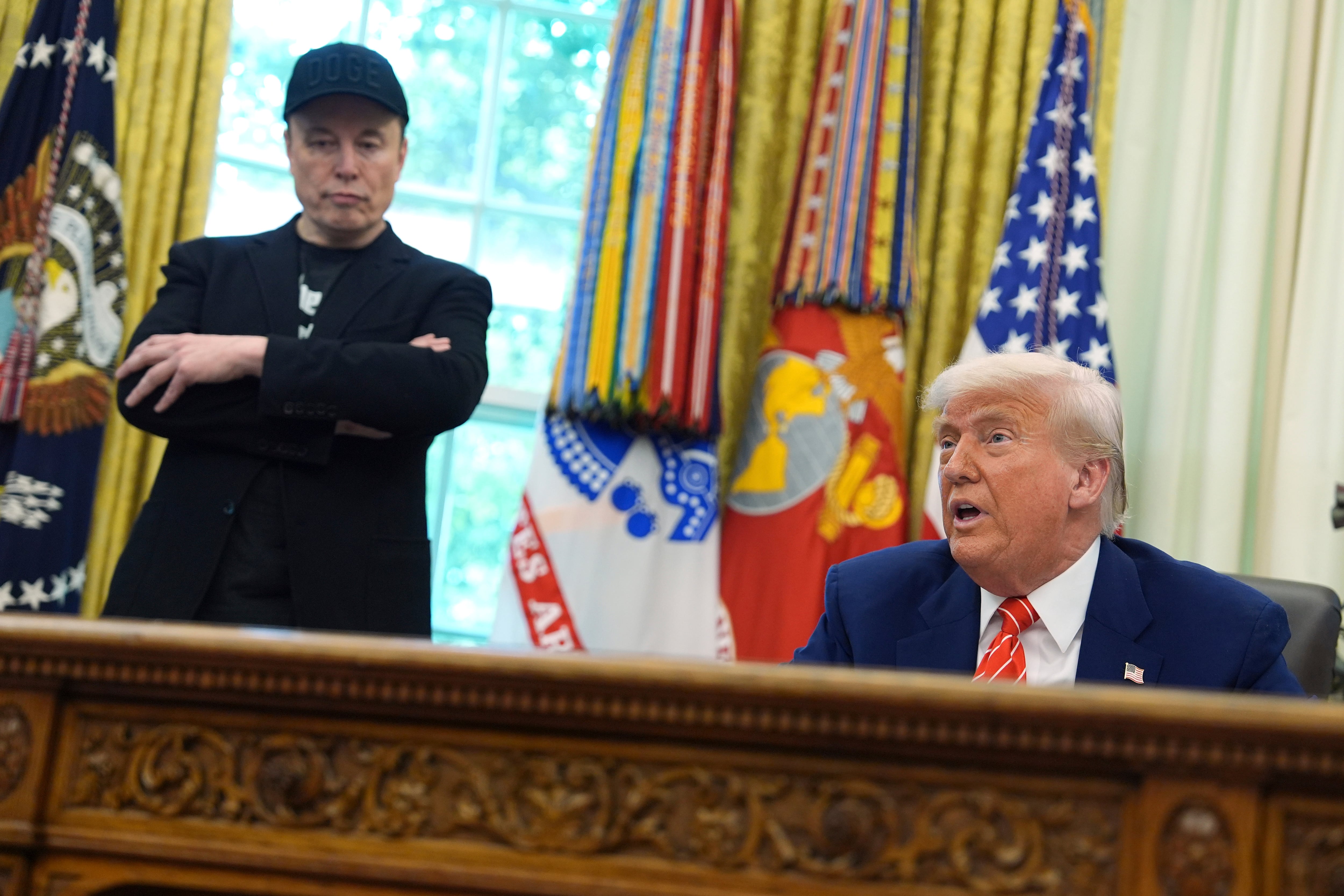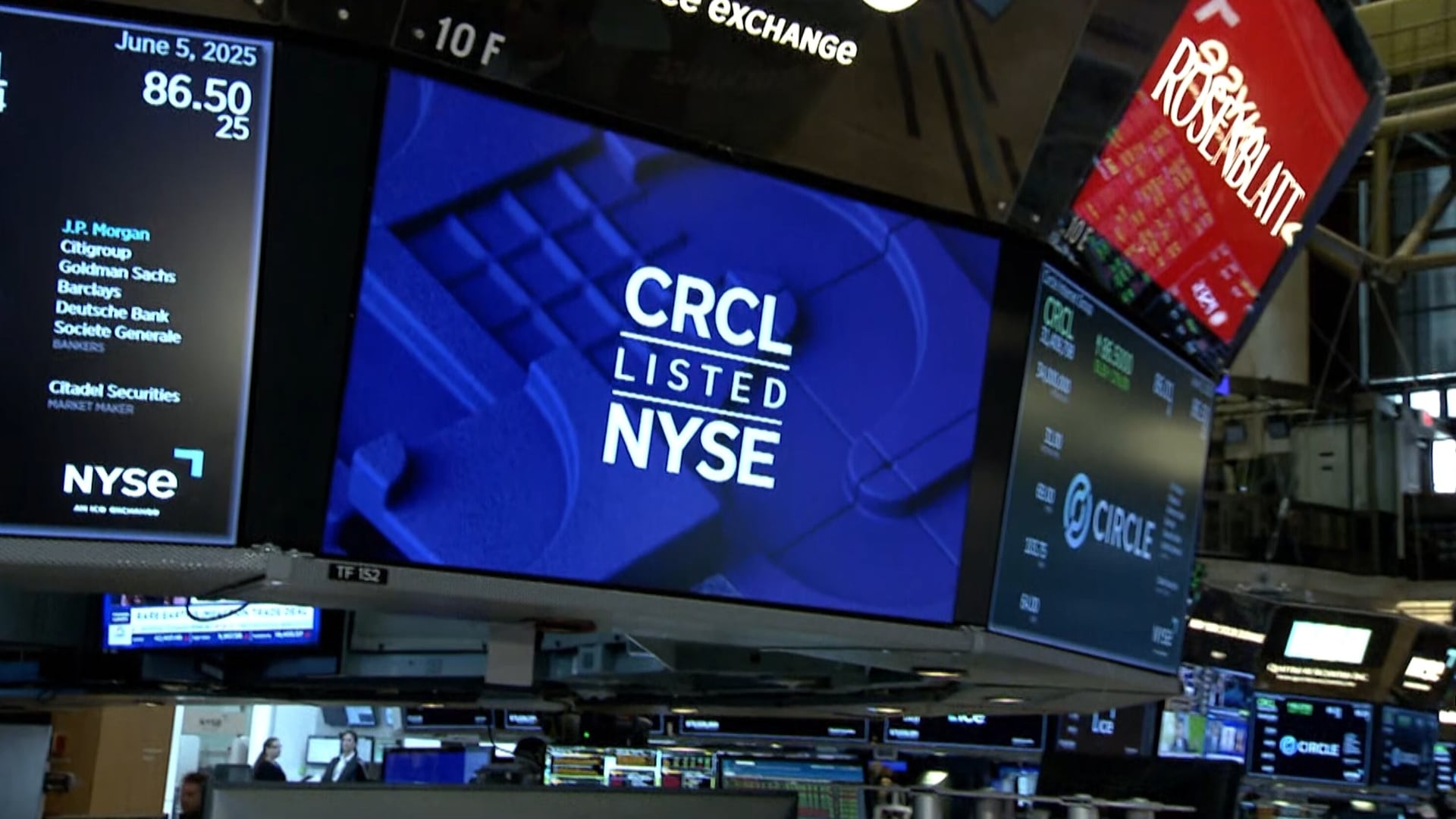A $26.5 billion merger of U.S. telecoms giants T-Mobile and Sprint has been given the go-ahead by the Department of Justice, with the agency citing the expansion of 5G technology as a key opportunity that can stem from the combining of the two companies.
Following the announcement on Friday, share prices in both companies rose.
As part of the merger's approval, the Department of Justice has required that Sprint divest its prepaid division to Dish, a satellite provider based in Colorado, in a move worth about $1.4 billion. Sprint and T-Mobile must also make 20,000 cell sites available to that provider as well.
Still, the merger must overcome a lawsuit from the attorneys general of more than a dozen states, led by New York Attorney General Letitia James. The complaint expresses concerns that the merger will ultimately raise prices for consumers, and that DISH Network will not emerge — as the DOJ expects — as an effective, fourth major competitor in the U.S. mobile sector.
"We have serious concerns that cobbling together this new fourth mobile player, with the government picking winners and losers, will not address the merger's harm to consumers, workers, and innovation," said James in a statement.
"Competition is critical to a strong economy — among the four largest cell phone carriers, that competition has led to lower prices, better service, and more innovation," said Sen. Amy Klobuchar (D-Minn.) — a presidential hopeful — in an emailed statement. "It looked like a bad deal then, and it looks like a bad deal today, despite the parties' promises and this proposed consent decree."
On an earnings call with investors on Friday, T-Mobile CEO John Legere said the company "continue[s] to be willing to engage with state [attorneys general] who have weighed in on both sides of this transaction."
"Sprint is a significantly stronger competitor today than a new fourth competitor could be for the foreseeable future. The struggles that Dish and other would-be new entrants have consistently faced underscore that even with the best of intentions and a full commitment to deploy and compete, nothing is certain," said Phillip Berenbroick, the policy director at Public Knowledge, in an emailed release. "Consumers will face considerable harm if the marketplace does not develop as the DOJ envisions."
The DOJ's agency's antitrust division, along with the attorneys general of other five states not involved in the earlier lawsuit, had also filed a complaint that attempted to block the merger. The agency's proposed settlement, if approved by the D.C. District Court, is expected to resolve that complaint.
Legere said the company expects to receive final regulatory approval in the third quarter, and that the merger will close in the second half of 2019.
Before the announcement Friday, T-Mobile shares surged Thursday after the company released its second quarter earnings report, revealing the company hit its highest quarterly earnings and showed strong subscription numbers.












